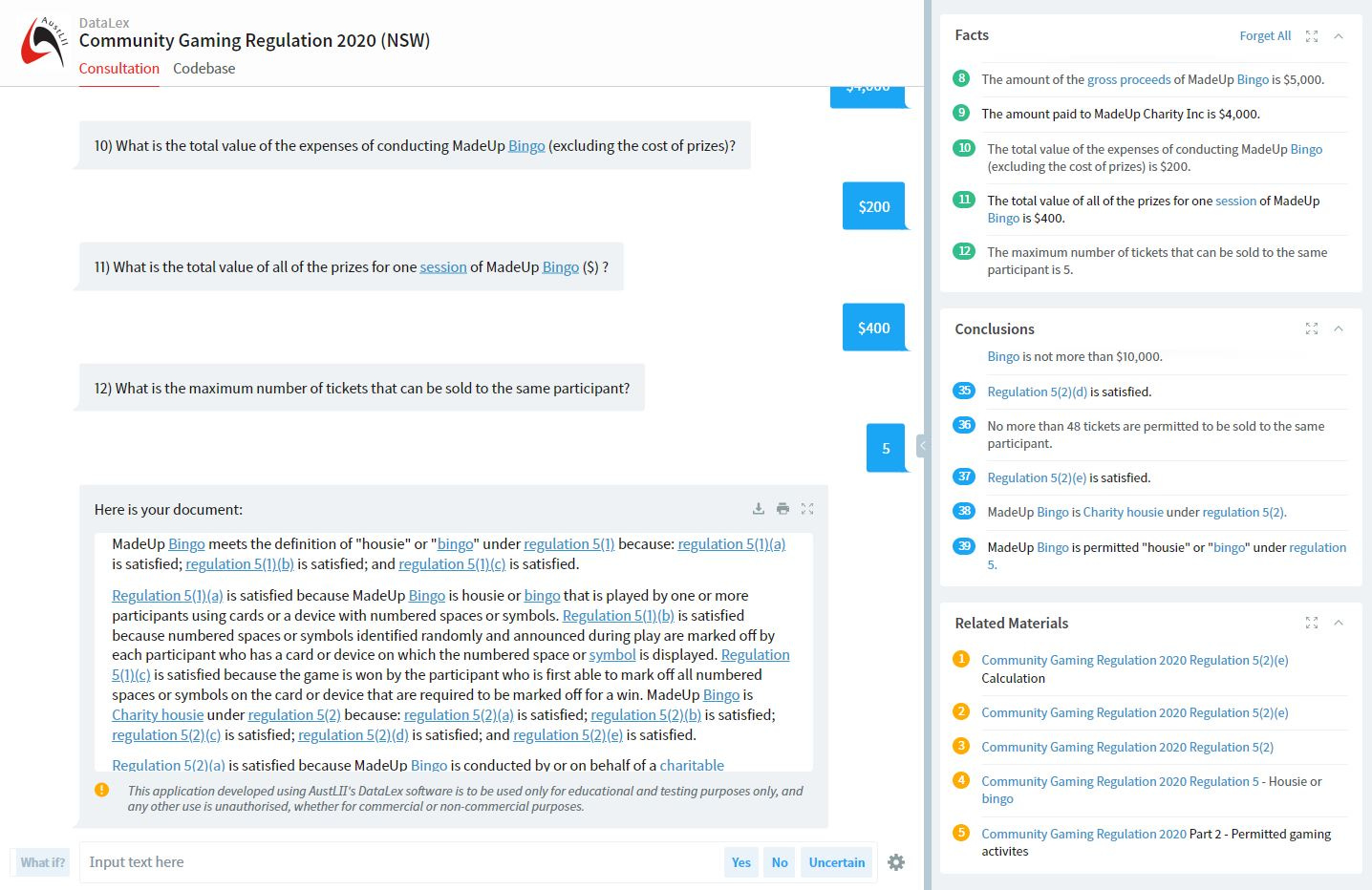Launching the Computer-Readable Legislation Project
from the Legislative Drafting Office of the States of Jersey (Channel Islands, not USA)
Welcome to the first post from our new Computer-Readable Legislation Project
This is a 2-year project by Jersey’s Legislative Drafting Office to look for ways for legislative drafters to produce computer-readable versions of the logical structure of our drafts of legislation.
1. Why?
So that computers can use those versions to guide humans through the legislation, and also for drafters to check our drafts for inconsistencies or unexpected effects.
2. How can we do that?
By finding an easy-to-use way for legislative drafters to mark up the logical structure of draft legislation while they are drafting it
It needs to reflect just the way the drafter is structuring the legislation, without adding more
It needs to be as easy as the ways in which drafters currently mark up the paragraphing structure of their drafts (using Word styles, or XML editors)
3. Who else is working on this?
Globally there is the “Rules as Code” movement, which started in 2018 in New Zealand, and has since spread to Australia, Canada, Singapore, UK, France and elsewhere
Here in Jersey the Financial Services Commission is working on “RegTech” and has plans to “enable the digitalisation of our regulatory content by mid-2023; … delivering machine readable rules by early 2024”
4. What could it be used for?
Here is an example of what programmers can do once they have the logical structure of the legislation set out so that a computer can read it – AustLII (who are the equivalent of JLIB, who publish Jersey’s legislation) have produced DataLex, which is a free program that you can try out on their website.
It runs a “consultation”, asking you questions based on the wording of the legislation.
It shows the facts it has taken from you so far, the conclusions it has reached so far, and links to the relevant parts of the legislation
At each question you can ask it why it is asking, or check what will happen if you give a particular answer, or tell it to forget some or all of the facts you have given it
At the end it gives you a report that tells you its conclusion about how the legislation applies to your facts, but also sets out exactly how it came to that conclusion
We are looking to apply DataLex to some Jersey legislation to demonstrate how that would work with what we produce.
But we also expect this work to enable new tools for legislative drafters to check our work, like those available to programmers and for business rules.
5. Are you are a legislative drafter (or Parliamentary Counsel) or are you working on or interested in Rules as Code?
If you subscribe, we promise not to fill your email inbox with dozens of posts - we will send out occasional updates on our progress (not more than once a month) plus occasional news items when we have something to report on our work or we see a development that we think might be of interest. Please check your “junk” folder in case your system does not like emails from this address.
Please let us know what you think about our posts and how legislative drafters can help make legislation fit for the digital age.




